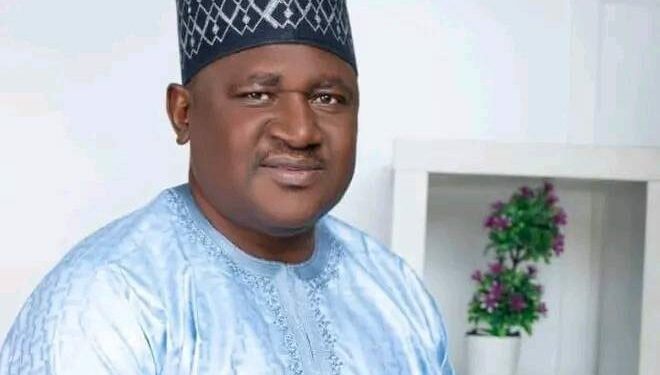Oil marketers and domestic refiners have called on the Federal Government to clarify the specifics of the naira-for-crude initiative, following the recent announcement by the Ministry of Finance.
The initiative, which began on October 1, 2024, according to the government, involves the sale of crude oil and other refined products in naira.
However, key players in the industry, including the Crude Oil Refinery Owners Association of Nigeria and the Petroleum Retail Outlet Owners Association of Nigeria have urged the government to release more comprehensive information about the deal.
In a post shared on its X account, the Ministry of Finance confirmed the official launch of the naira-for-crude initiative, noting that it followed the Federal Executive Council’s directive.
The statement read, “The Minister of Finance and Coordinating Minister of the Economy announced that, in line with the Federal Executive Council directive, the sale of crude oil and refined petroleum products in naira has officially commenced as of October 1, 2024.”
An October 3, 2024, meeting of the Implementation Committee, chaired by the Finance Minister, conducted a review of the initiative, affirming its launch.
Stakeholders present were said to have endorsed the commencement of this strategic initiative, which is seen as a critical step toward stabilizing the naira and improving the nation’s oil sector.
President of PETROAN, Billy Gillis-Harry, while speaking from his hometown during ongoing elections in Rivers State, welcomed the move but stressed the need for transparency regarding the agreement, especially in terms of pricing.
He explained, “PETROAN as an organization introduced the argument that crude oil should be sold to Nigerian in-country refineries in naira. We said the government should come up with a policy that thinks out of the box to give value to this suggestion. We are happy and congratulate the current administration for crystalizing that suggestion.”
Gillis-Harry emphasized the importance of knowing the full details of the agreement to allay concerns of a possible fuel price hike, stating, “The details of this agreement are not known yet, but we hope that the intricacies will be revealed to the public because this business is the central value of everything that happens in our economy. PMS is key, and the pricing of the crude is important as it determines the price of the commodity.”
Similarly, Publicity Secretary of CORAN, Eche Idoko, expressed optimism about the initiative, citing its potential impact on domestic refining, noting, “It is a welcome development considering the impact which this move will have on domestic crude oil refining. So we commend the government for that and hope the deal sails smoothly.”
Despite these positive reactions, Idoko admitted to lacking further information about the agreement, stating that more details would be communicated as they become available.
The roots of this initiative trace back to a September announcement from the Technical Sub-Committee on Domestic Sales of Crude Oil in Local Currency.
The Federal Executive Council, under President Bola Tinubu’s administration, approved the sale of crude to local refineries and the corresponding purchase of petroleum products in naira.
According to the committee, the Nigerian National Petroleum Company would supply about 385,000 barrels per day of crude oil to the Dangote Refinery, with payments made in naira.
While it has been confirmed that this crude supply to the $20 billion Lekki-based Dangote refinery would begin in October, officials from Dangote and other refineries, as well as stakeholders at the Nigerian Upstream Petroleum Regulatory Commission, remained largely unresponsive when contacted about the current status of the deal.
In September, the government highlighted that this initiative was expected to ease the strain on the naira, reduce transaction costs, and ensure a more stable supply of petroleum products within Nigeria.
Special Adviser to the President on Revenue, Zaccheus Adedeji, had stated that the plan would involve a direct exchange of crude oil for refined products, with diesel being sold by the Dangote refinery to interested buyers and petrol being sold exclusively to the NNPC for redistribution to marketers.
On October 5, 2024, the Ministry of Finance reiterated the start of the agreement, following a meeting of critical stakeholders, including the Minister of State for Petroleum, Heineken Lokpobiri, and NNPC executives, such as Group Chief Executive Officer Mele Kyari. Representatives from the Dangote Group were also present.
Though the government has confirmed that the naira-for-crude agreement is in motion, oil sector stakeholders and the public are still awaiting further details regarding the agreement’s pricing structure and full implementation plan.


